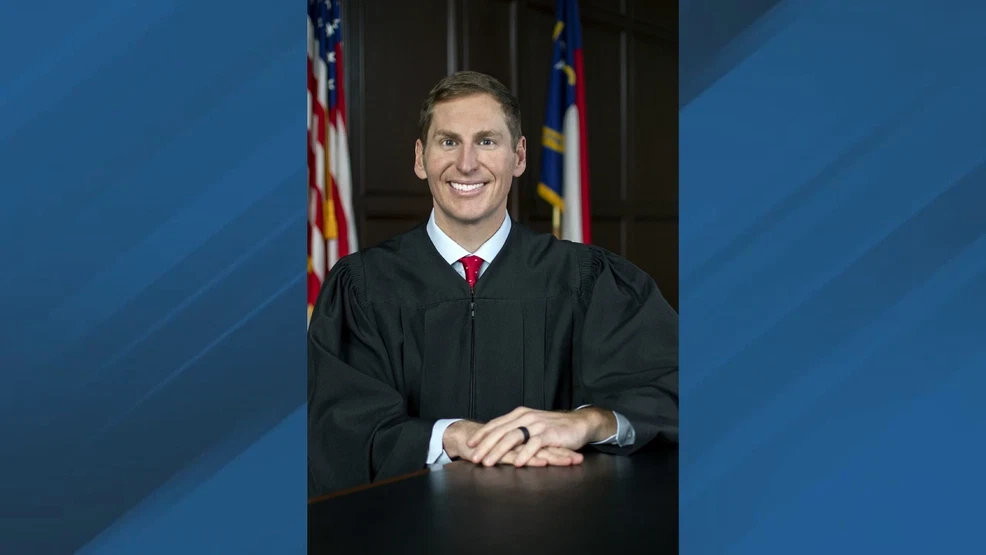
Wafric News – May 7, 2025
North America - A prolonged legal battle over North Carolina’s last unresolved election came to a close this week as Republican Jefferson Griffin conceded defeat in the state's Supreme Court race, clearing the way for Democratic incumbent Allison Riggs to begin a full term.
Griffin, a sitting Court of Appeals judge, announced on Wednesday that he would not appeal a federal court ruling issued earlier in the week. That decision upheld the inclusion of thousands of disputed ballots and instructed the State Board of Elections to certify Riggs as the winner.
Riggs leads by 734 votes out of more than 5.5 million cast, marking one of the tightest margins in a statewide judicial contest in recent U.S. history.
Final Ruling Ends Nationally Watched Dispute
U.S. District Judge Richard Myers, appointed by former President Donald Trump, ruled that excluding ballots after the election would violate the constitutional rights of many voters—particularly military personnel and citizens overseas. He rejected Griffin’s attempt to retroactively disqualify between 1,675 and 7,000 ballots, saying such actions would infringe on due process and equal protection clauses.
“You establish the rules before the game,” Myers wrote in his decision. “You don’t change them after the game is done.”
In his statement, Griffin said he disagreed with the court’s analysis but chose to respect the ruling. “While I do not fully agree with the District Court’s analysis, I respect the court’s holding — just as I have respected every judicial tribunal that has heard this case,” he said. “I will not appeal the court’s decision.”
Political and Legal Implications
Riggs’ win ensures Democrats maintain at least two seats on the seven-member North Carolina Supreme Court, keeping their hopes alive of regaining a majority later in the decade. Griffin’s term on the Court of Appeals continues until 2028.
Griffin, 40, framed his legal challenge as an effort to uphold the rule of law, not a political maneuver. But critics, including voting rights advocates and Democratic leaders, accused him of selectively targeting ballots from Democratic-leaning counties, calling the challenge a thinly veiled attempt to reverse the election outcome.
“This was about defending democracy and ensuring that military and overseas voters aren’t disenfranchised,” said one advocacy group following the decision.
Most of the contested ballots were cast by overseas citizens—some military members, missionaries, or students—who had followed the state’s 2024 voting guidelines. Myers ruled that their ballots, lacking photo ID or proper exception forms, could not be tossed out retroactively after they were lawfully cast under the rules in place at the time.
Another smaller group of voters included individuals born abroad to North Carolina parents who had never lived in the U.S. themselves. A recent ruling found that state law permitting them to vote violated North Carolina’s constitution, but the federal court found there was no adequate system in place for these voters to challenge their eligibility.
Case Sets Legal Precedent Amid Growing Electoral Tensions
The case was the final unresolved contest from the 2024 general election in the United States, making it a symbolic battleground over how closely contested elections are handled—and how courts navigate evolving legal questions around ballot eligibility.
Griffin emphasized that his case raised valid concerns about election oversight. “These holdings are very significant for securing our state’s elections,” he said.
With the certification now expected to move forward, Riggs is set to serve an eight-year term on North Carolina’s highest court.
The ruling has been hailed as a victory for electoral integrity and voter protection, reinforcing the principle that election rules cannot be changed after votes have been cast.
By WafricNews Politics Desk
By WafricNews Politics Desk


Comment
To post a comment, you have to login first
LoginNo Comments Yet...